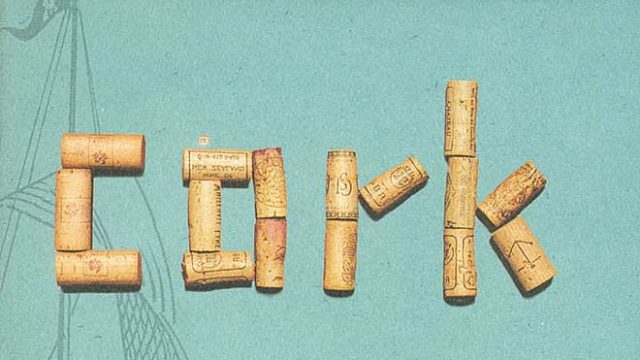Over half a century ago, a young medical student in Buenos Aires climbed aboard his motorbike and travelled up and down South America with a friend. We now know the doctor-to-be as Che Guevara, surely the world’s most impossibly romantic failed revolutionary. Failure or not, Che’s account of the trip, The Motorcycle Diaries, was a sensitive depiction of a privileged youth’s awakening to ordinary life’s harshness, and the iniquities that lay behind them. The journey would make a man of the boy.
Last year the story got more graphic treatment, in Walter Salles’ film of the same name, starring Gael Garcia Bernal, who by now must surely star on more pin-ups than even the iconic Che did.
Yet this classic image of Che, in that unforgettable shot by Cuban photographer Alberto Korda, could never have had such resonance had he not got on his 500cc Norton. Such is the remarkable transformational power of the road trip.
There is something about travelling in a vehicle you control that makes the journey transcend the destination. Poets have always understood the redemptive, experiential and maturing values of being on the move, which is why so many metaphorical constructs emphasise the journey over the destination.
And, as at least one music critic has written, Bruce Springsteen couldn’t have written a third of his songs, and would have not been recognised as one of rock’s great songwriters, had he failed his driving test. It’s impossible to imagine the man with no access to the metaphor of driving as redemption or self-discovery.
The notion of driving as essential to all levels of human existence is ingrained most deeply in that haven of automotive culture, the USA. The idea is superbly captured in Lesley Hazleton’s Driving to Detroit. It isn’t just about finding herself. Hazleton drives all over America and encounters everyone from struggling rednecks to smooth-faced billionaires—and she tells you how the car, its myths and metaphors, lend fundamental meaning to these varied lives.
Automotive articulation, girl-style, isn’t necessarily new, even in India, but what about the hairy, oily, smelly, dangerous world of biking? In The Perfect Vehicle, Melissa Holbrook Pierson says the motorcycle (her weapon of choice is a big Moto Guzzi, a classic Italian marque) may be all these things, but nothing targets the soul-enhancing, liberating joy of fast riding on a good bike better.
Such philosophical ruminations transfer to a visual medium with considerable reluctance. However, that is precisely one of the triumphs of the graphic novel series, Preacher, one of the finest of its genre. Writer Garth Ennis and artist Steve Dillon put together a gory, sexy, funny and darkly redemptive road trip involving hedonism, conspiracy theory, hard-drinking Irish vampires and a thoroughly unwilling God.
A different sort of road, yet one with traffic, obstacles and hope, features in the rather more serene discoveries of John Pollack in Cork Boat. The former White House speechwriter found himself so upset by seamy politics that he revived a childhood dream, built a boat from wine corks (165,321 of them) and sailed down Portugal’s Douro River.
And yet. An article on road trips as an allegory for greater discovery beyond the physical destination and no Jack Kerouac? No On The Road? That particular pilgrim’s progress is the germinal statement on that wonderful, unequalled head rush that comes to people who get out and see, really see, the world. It may still also be the last word on the subject. So there.




